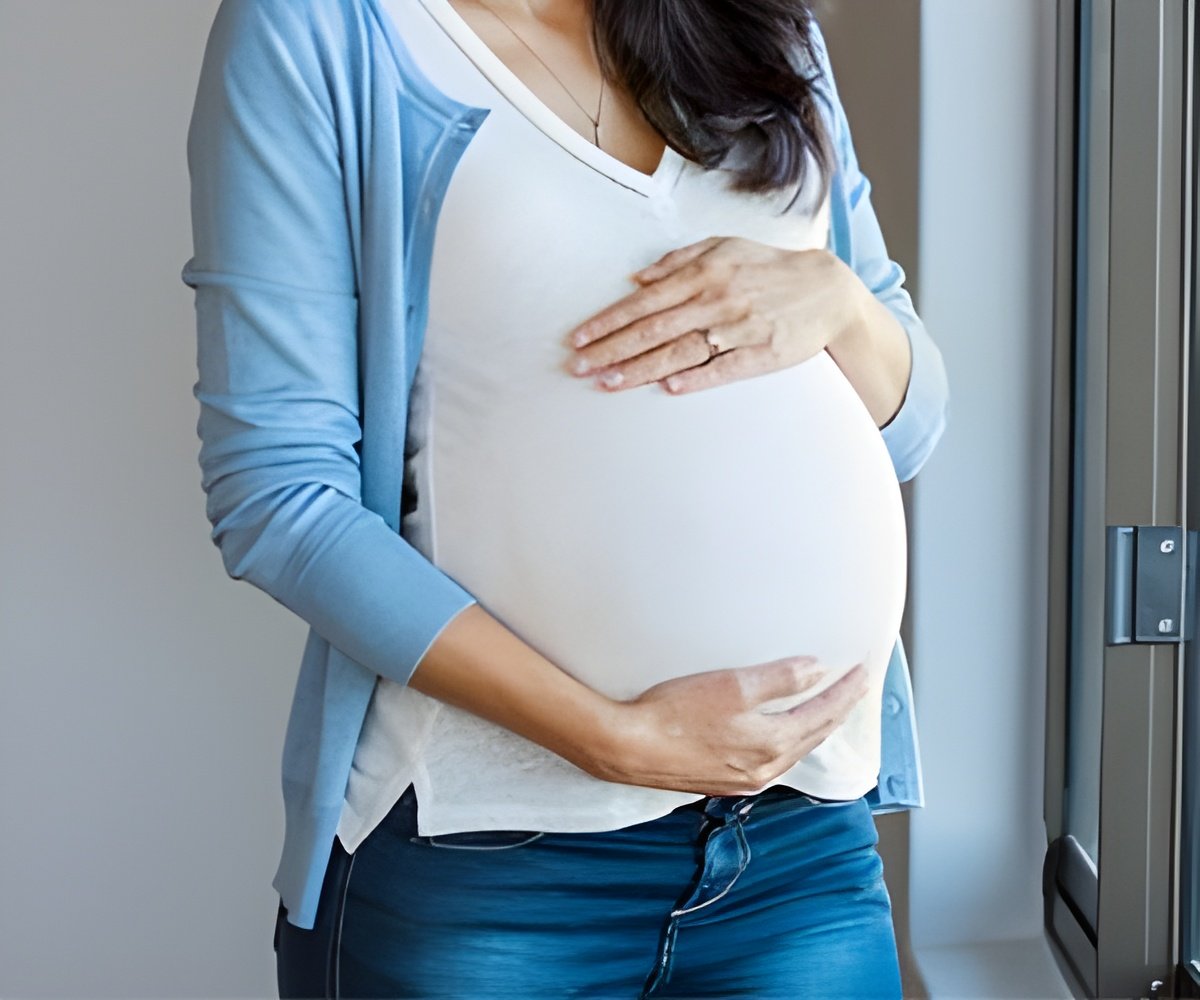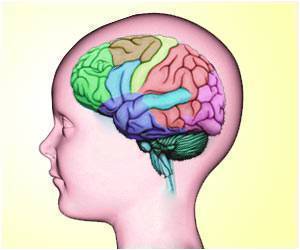Epilepsy may increase death risk in pregnant women. Women with epilepsy have five times higher risk of dying during pregnancy, reveals a new study.

The study shows that out of approximately two million pregnant women - including 12,000 women with epilepsy - a total of 176 women died during their pregnancy. Five of them had epilepsy, which means women with epilepsy are a risk group that we should consider following closer, says one of the researchers behind the study, Jakob Christensen. He is a clinical associate professor, DMSc at the Department of Clinical Medicine at Aarhus University and a consultant at the Department of Neurology at Aarhus University Hospital.
"Although the absolute risk is small, we have to consider how we can follow pregnant women with epilepsy better than today," says Jakob Christensen.
According to the study, pregnant women with epilepsy die of virtually the same conditions and events that women without epilepsy also die of - ranging from e.g., accidents to blood clots, cancer, and suicide - although with a greater frequency.
"We can't produce statistics on causes of death on the basis of five deceased pregnant women with epilepsy, but we can conclude with great statistical certainty that pregnant women with epilepsy die five times more frequently than other pregnant women," says Jakob Christensen.
The research results should be seen in the light of the fact that in general, people with epilepsy have a higher mortality rate than the rest of the population. Overall, for women of childbearing age the mortality rate is fifteen times higher.
Advertisement
"As a woman with epilepsy, you are on the one hand affiliated with a highly-specialized neurological treatment at a hospital, while on the other hand, you need follow-ups from your general practitioner. Patients in this situation risk falling between two stools and ending up being sent back and forth, as one medical service believes the other is taking overall responsibility and vice versa. This could be a partial explanation for the increased mortality, which is particularly seen in people with epilepsy who at the same time suffer from mental illness - something that is unfortunately well documented, for example in Swedish patients with mental illness," says Jakob Christensen.
Advertisement
The study was conducted in close collaboration between Jakob Christensen, who meets the patients in the clinical reality, statistician Claus Høstrup Vestergaard from the Research Unit for General Practice under the Department of Public Health, and Associate Professor Bodil Hammer Bech, who works with epidemiology at the Department of Public Health.
Methodically, the research group has examined a total of 2,110,084 pregnancies between 2000 and 2013. Among these pregnancies, 11,976 (0.6%) were pregnancies among women with epilepsy; in all cases, "pregnancy-related death" was defined as death during pregnancy and up to 42 days after the end of the pregnancy. Mortality among women with epilepsy was compared with the mortality rate for women of the same age and social background.
The Danish study is the result of a number of worrying studies from the US and UK which report a tenfold increase in the risk of death for pregnant women with epilepsy. But things do not look quite as bad in Denmark.
"Even though it can be difficult to compare Denmark with the United States and the UK because the healthcare systems are constructed differently, the study indicates that in Denmark, we're better at dealing with pregnant women with epilepsy than they are in the United States and the United Kingdom, which we should naturally be pleased about.
But this is of little consolation for the pregnant Danish women with epilepsy who still have a markedly increased risk of losing their lives during pregnancy. And I definitely think that we should take an interest in this as medical doctors," says Jakob Christensen.
More Information About Epilepsy
Epilepsy is one of the most common neurological diseases. Epilepsy can have many different causes, manifestations and prognoses.
The common denominator is recurrent epileptic seizures as a result of the signal traffic in larger or smaller networks of nerve cells in the brain 'getting out of control.'
Worldwide, approximately sixty million people have epilepsy.
Epilepsy affects twelve Danes every day. A total of 50,000 are diagnosed within Denmark - of these, 65 percent are free of seizures.
The majority of women with epilepsy can become pregnant and have healthy children, but pregnancy in women with epilepsy requires preparation and planning in consultation with a medical doctor because both frequent epileptic seizures and epilepsy medicine can harm the child.
Source-Eurekalert















